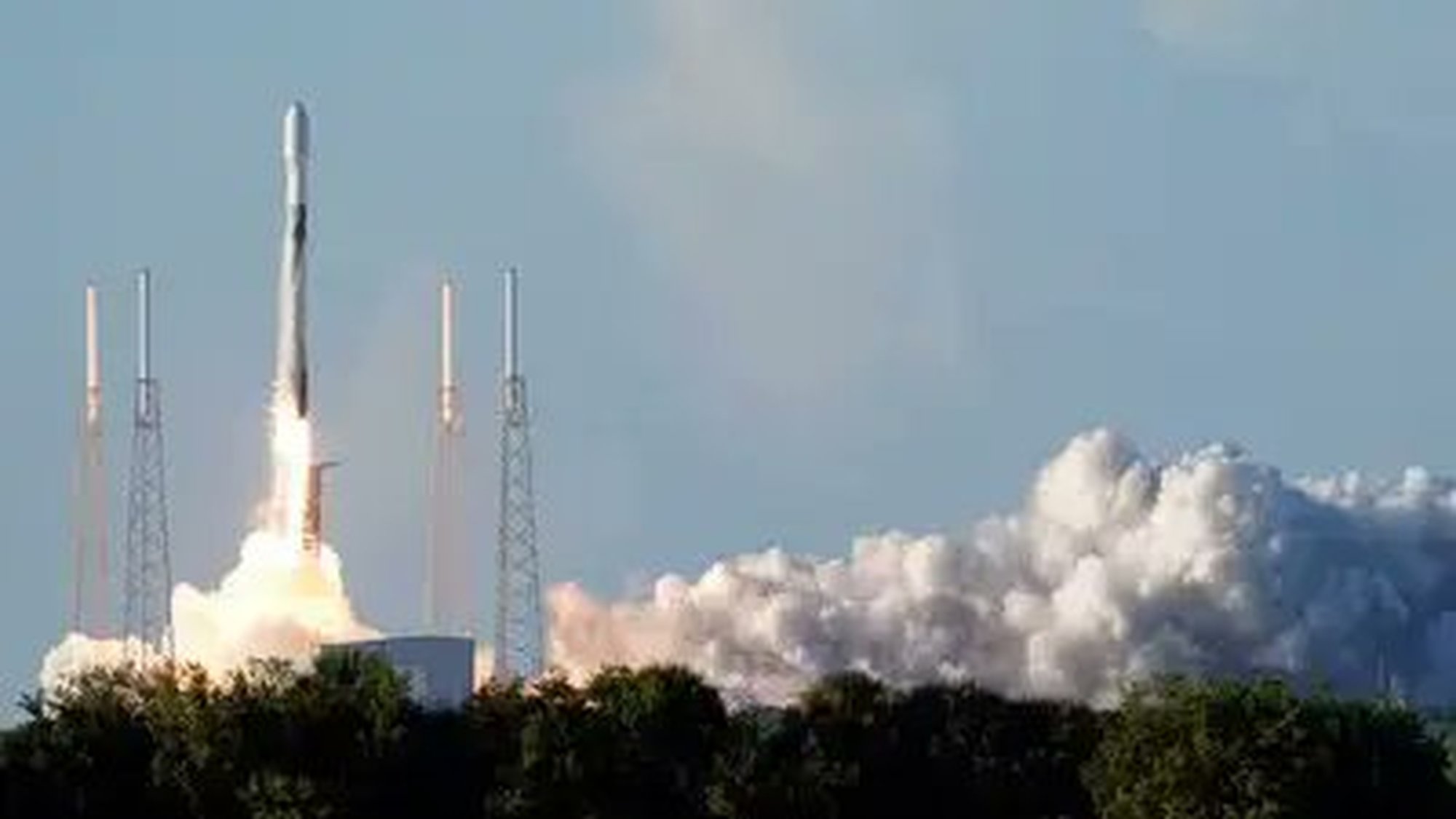Seoul, South Korea- South Korea has embarked on its first mission to the moon, launching a craft intended to scout out future landing sites on the lunar surface and collect valuable scientific data from low orbit for at least one year.
The Danuri orbiter was carried on a Falcon 9 rocket launched from Cape Canaveral in Florida by Elon Musk’s aerospace company SpaceX, and it aims to reach the Moon by mid-December.
Developed by the Korea Aerospace Research Institute (KARI), the 678-kilogram craft has six payloads, including Korean-made equipment.
“This is a very significant milestone in the history of Korean space exploration. Danuri is just the beginning, and if we are more determined and committed to technology development for space travel, we will be able to reach Mars, asteroids, and so on in the near future,” said Lee Sang-ryool, president of KARI.
In addition, South Korea’s Ministry of Science and ICT said in a statement, if it succeeds, South Korea will become the world’s seventh lunar explorer, and the fourth in Asia, behind China, Japan and India.
During the year-long mission, Danuri will use six different instruments, including a highly sensitive camera provided by NASA, to conduct research, including investigating the lunar surface to identify potential landing sites for future missions.
One of the instruments will evaluate disruption-tolerant, network-based space communications, which, according to South Korea’s Ministry of Science and ICT, is a world first. Danuri will also try to develop a wireless Internet environment to link satellites or exploration spacecraft.
Friday’s launch comes as South Korea accelerates its burgeoning space program and seeks to send a probe to the moon by 2030.
In June, the country successfully launched satellites into orbit with its homegrown Nuri rocket in a significant step for its space program.
However, space launches have long been a sensitive issue on the Korean peninsula, where the Democratic People’s Republic of Korea (DPRK) faces international sanctions over its nuclear-armed ballistic missile program. In March, the DPRK called for expanding its space rocket launch site to advance its space ambitions, after South Korea and the United States accused it of testing a new intercontinental ballistic missile under the guise of launching a space vehicle.
Nevertheless, other nations are also seeking to get in on the race to Earth’s lone natural satellite, with Russia hoping to send off its Luna-25 lander by September after a series of delays, while Israel will take a crack at a landing in 2024 with its Beresheet 2 mission.
